KUSOED adopts virtual learning platform for crisis management, moots perspective plan for institutionalizing mixed modes
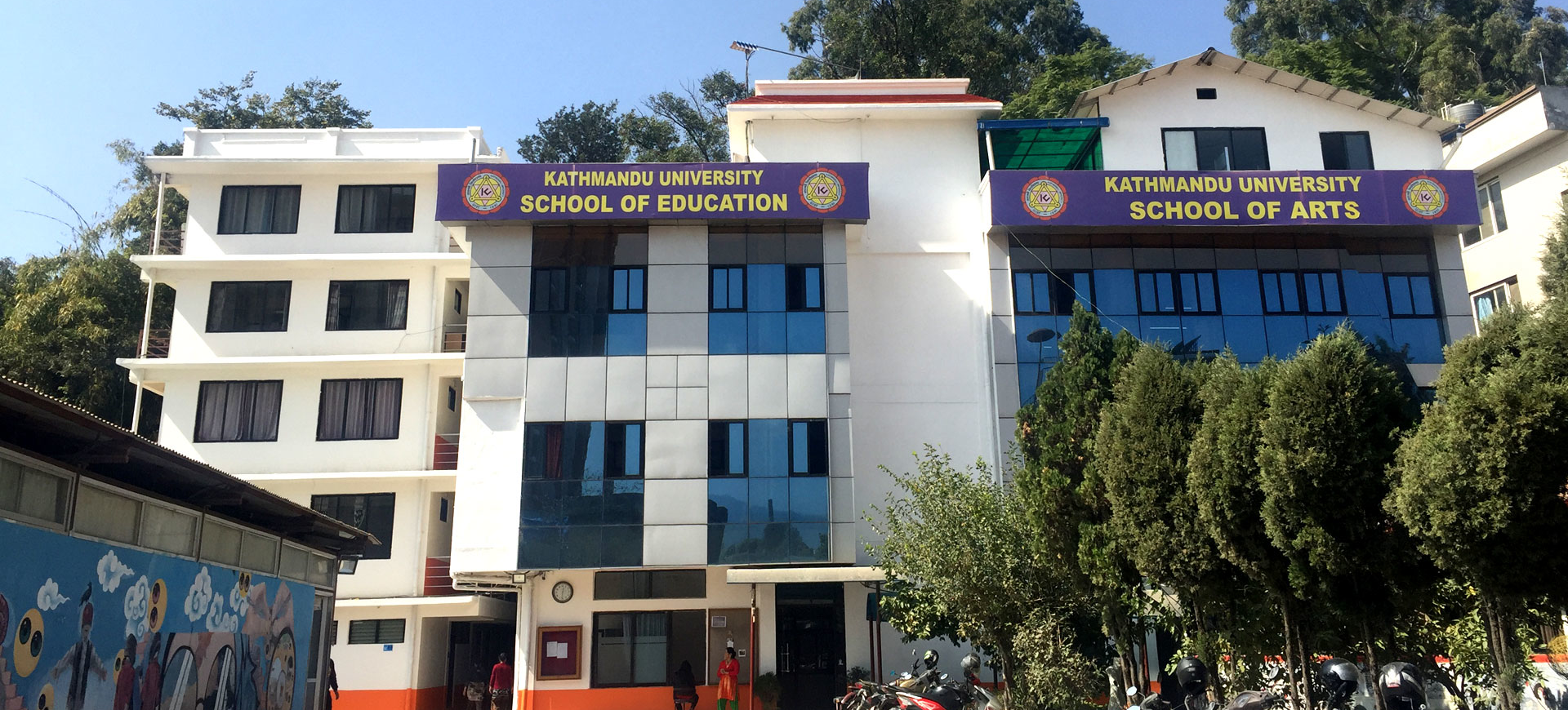
Kathmandu - In an effort to academically engage teachers and students even during the nationwide lockdown in effect to suppress the potential menace of COVID-19, the Kathmandu University School of Education (KUSOED) has continued its academic deliverables leveraging the use of technological platforms. This is however not the first time that the School of Education has put such innovative practice in place. "The KUSOED has been practicing online delivery of lectures and learning management tools since 2011, which provides us the foundation to manage and expand digital lectures during the time of emergencies", shared KUSOED Dean Prof Dr Mahesh Nath Parajuli.
The KUSOED had been practicing both online and face-to-face modes of delivery keeping in mind the convenience of students. "The students are not required to be physically present during various processes ranging from enrollment to evaluation. Online mechanisms and communication tools such as Moodle and Skype as well as telephonic conversation were also used to pedagogically engage students without compromising the standards of the KU", Prof Parajuli shared. Hence, this is the second time that the School of Education took proactive measure to regularize classes during a time of emergency. "First time we had managed classes in the aftermath of 15 April 2015 earthquake albeit in a novice manner. Now we are working with centrally-operated robust system in Kathmandu University to deliver classes and teaching-learning activities to students in the comfort of their home," Parajuli further shared.
The faculties themselves took the initiative to discuss the impact of global pandemic of COVID-19 in its academic operations and decided to go for online option. "The School of Education is systematically operating the classes under its all four streams – English education, development education, educational leadership and STEAM", shared Prof Dr Laxman Gnawali, Associate Dean and Head of the Department, Language Education. He further shared that it was not difficult for them to switch over to online mode of teaching-learning as they were already familiar with the system. "Online pedagogy has now become an integral part and parcel of KUSOED as the university's institutional registration with Google has offered us an opportunity to freely use unlimited space of Google Meet", he shared, adding this platform can be used to run distance learning classes for up to 250 students at once. On reliability of assessment system, he further noted, "Almost fifty percent of the performance evaluation of the students used to be undertaken through online Moodle system in the normal time so this is not a big issue even from the examination reliability aspect. However, discussion is underway on developing a standard of evaluation". The fear of global pandemic outbreak is all-pervasive with its increasing death toll and infection rate across the globe.
However, the higher-level degree students of the university are elated to utilize their home stay time in the pursuit of knowledge. "Lockdown has forced us to confined use within the four walls of our homes but the university has created environment for us to attend online learning classes. It is crucial for us to continue our engagement in productive works on the one hand and on the other it has also helped us to get rid of trauma exacerbated by COVID-19 updates", said Parbati Dangal, an M. Phil student of Development Studies. Regarding motivation behind the operation of online classes during crisis, Prof Dr Balchandra Luitel said, "As human civilization has survived and sustained over the time through constant engagement for knowledge and wisdom irrespective of difficult time, we are motivated to continue academic engagement through remote teaching for the same".
This is the time when knowledge community should work more proactively to contribute to the society being conscious of the risk of the pandemic, he said, highlighting the need for the leadership including education ministry and universities to come up with emergency planning and policy in the changed context. "The educational leadership should moot measures and put them into action to propel academic activities even if the current crisis prolongs", he said. Associate Professor Dr Prakash Chandra Bhatarai, also the Head of the Department, Development Education, claimed that the prompt adoption of real time virtual class operation in KUSOED has epitomized our crisis management approach to act upon differently even during difficult times. "Almost 95 percent students are attending my semester classes in M. Phil with reciprocal interest and enthusiasm. This is the time that demands torch-bearer role of academia to help other actors of society to rise above and keep development going. It prompted us to take swift actions to that end". Dr Dhanapati Subedi, Head of the Department, Educational Leadership, said, "In the first week after the enforcement of lockdown, students did not tend to attend remote learning classis citing psychological pressure resulting from the fear of COVID-19. Later, some students started sending their assignments through mail prompting us to explore online alternative to engage students".
He claimed his department quickly imparted a brief training to faculties and then developed and shared operational guidelines to them. "Now all the classes under my department are running in a full-fledged manner", he said. Presenting sociological perspective of teaching-learning, Dr Indra Yamphu Rai, who teaches research in M. Phil as a visiting faculty, noted learning transformation would not be meaningful and effective without strong mutual interaction, relationship and interdependence between the teachers and students. "The virtual options would not always work to enable a favourable learning environment. However, it is the best interim management not only to engage students in learning but also help them to get rid of trauma stemming from the current crisis". Likewise, Lina Gurung, another visiting faculty, who teaches Gender, Equality and Social Inclusion for Masters in Sustainable Development, said the crisis has offered an opportunity to establish the relevance of online teaching in the digital era. "The important aspect is that learning has not been obstructed and students also have also realized the change".
Julia Ross, a foreign student of M.Phil Development Studies, said, "I am impressed by the measures placed to continue lectures remotely without any compromise in the teaching-learning process and environment". The KUSOED sources said the crisis has not only challenged their institutional capacity to continue with academic engagements but has also offered opportunity to think long-term measures paving the journey for distance learning. "The crisis management for now is possible due to team building and synergy among the faculties and positive response from students. We will assess our financial and technical capacity to institutionalize a kind of mixed modes consisting of both real-time online and face-to-face learning in future", said KUSOED Dean Prof Dr Parajuli.


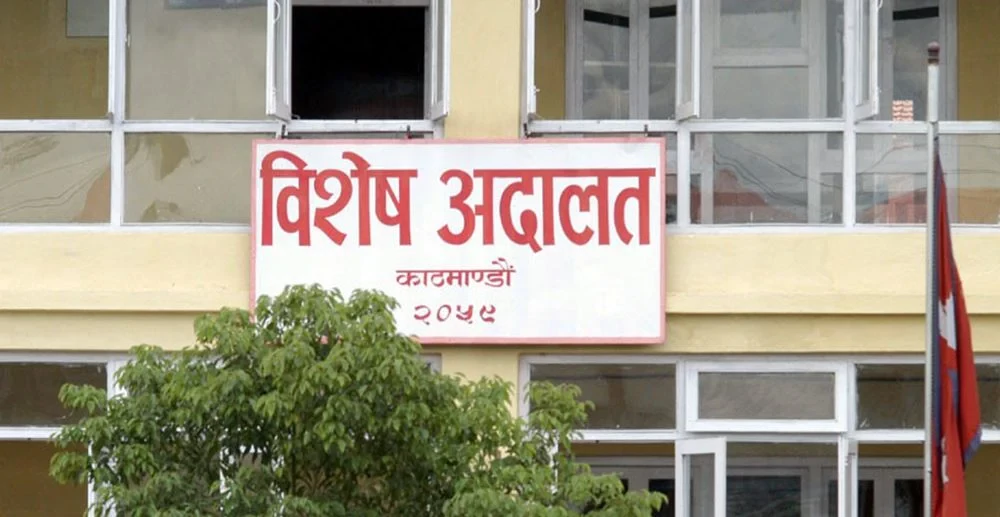
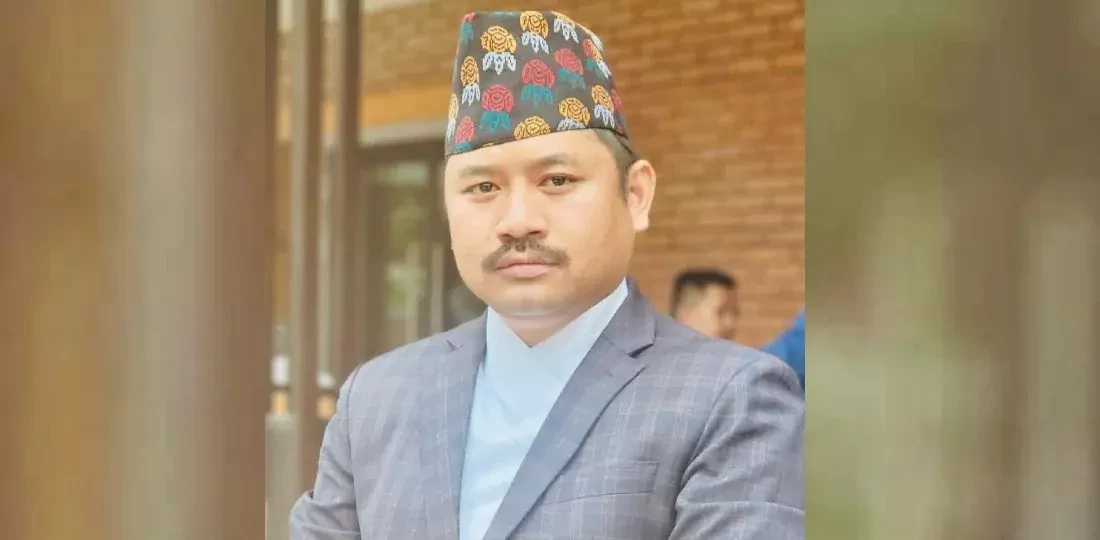

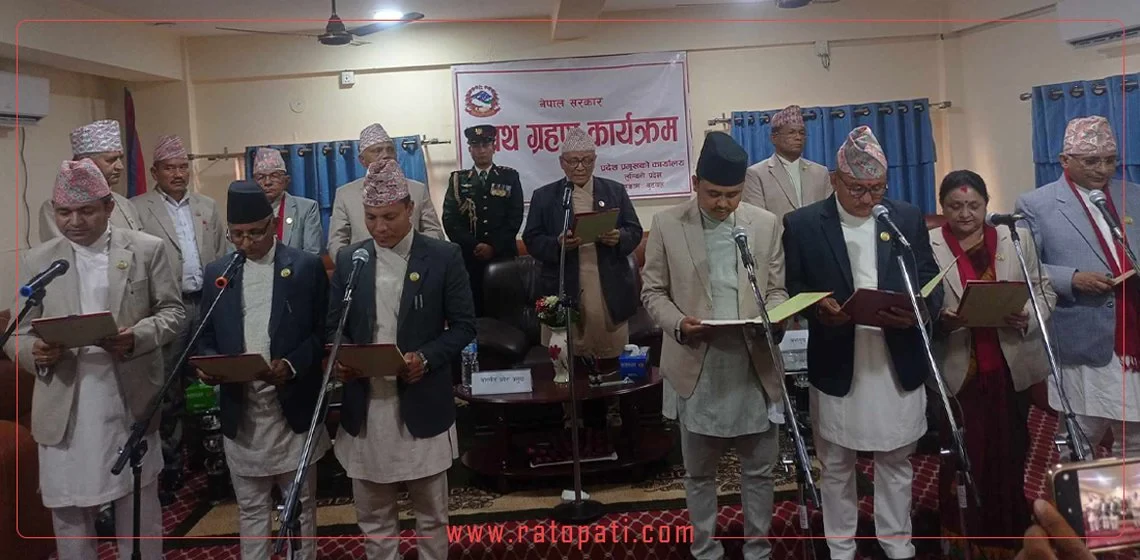
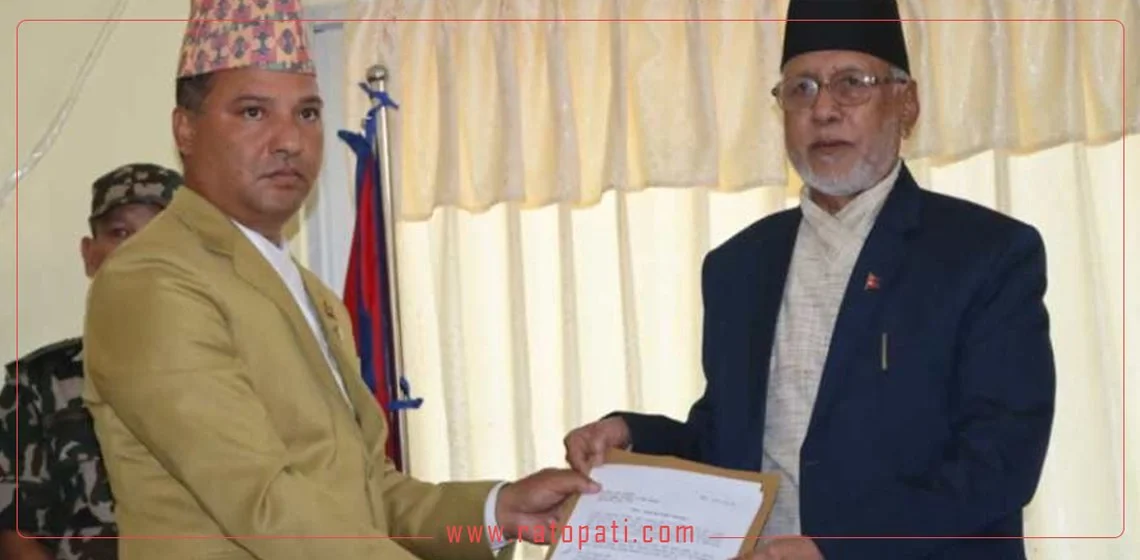
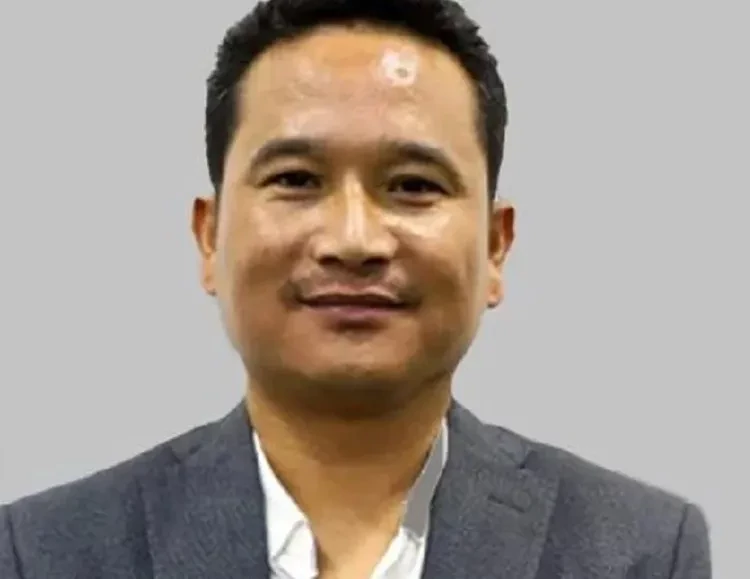
_twaBLe9lMI.webp)
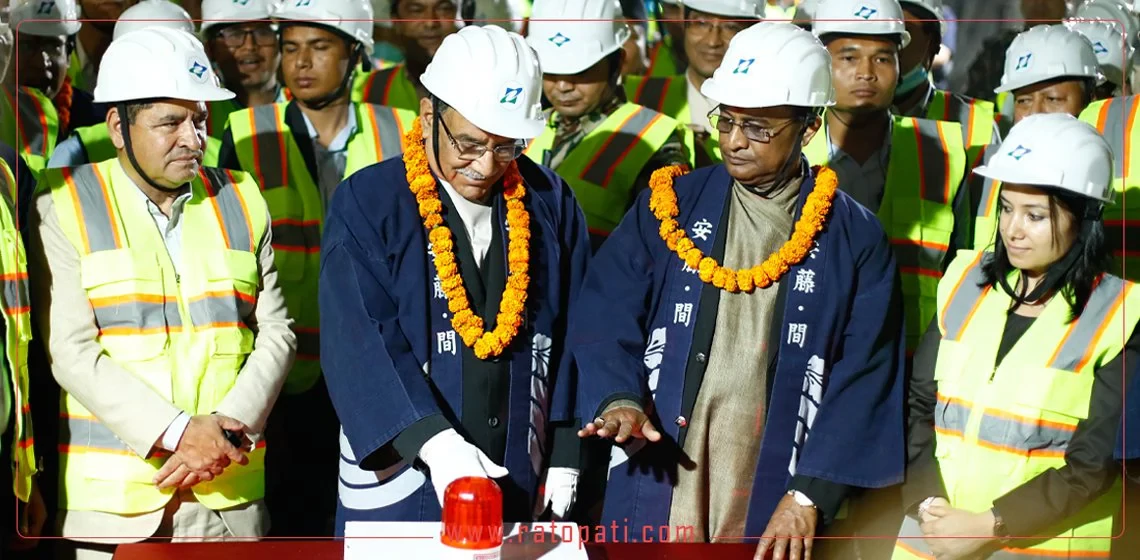
Leave Comment